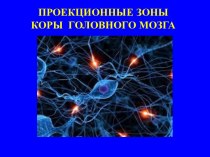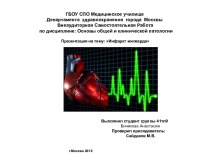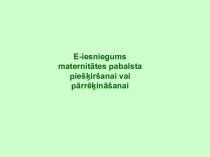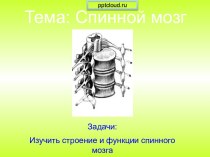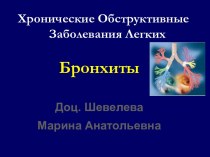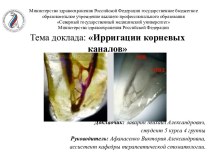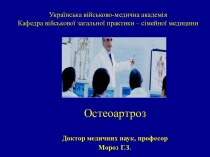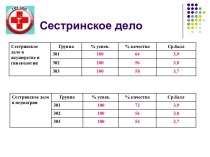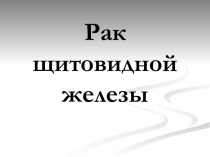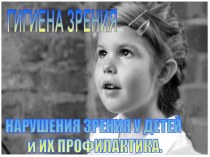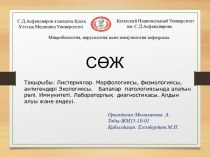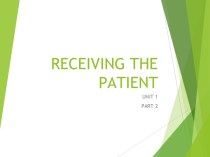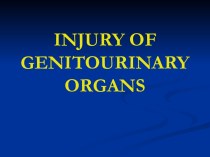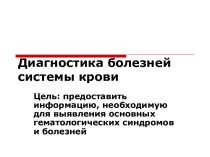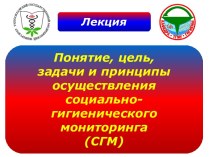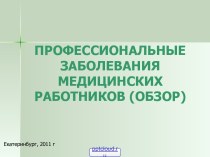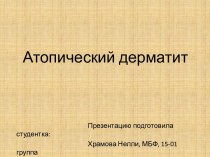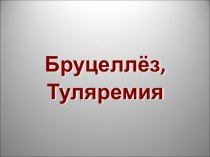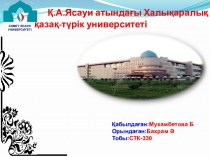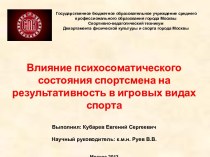- Главная
- Разное
- Бизнес и предпринимательство
- Образование
- Развлечения
- Государство
- Спорт
- Графика
- Культурология
- Еда и кулинария
- Лингвистика
- Религиоведение
- Черчение
- Физкультура
- ИЗО
- Психология
- Социология
- Английский язык
- Астрономия
- Алгебра
- Биология
- География
- Геометрия
- Детские презентации
- Информатика
- История
- Литература
- Маркетинг
- Математика
- Медицина
- Менеджмент
- Музыка
- МХК
- Немецкий язык
- ОБЖ
- Обществознание
- Окружающий мир
- Педагогика
- Русский язык
- Технология
- Физика
- Философия
- Химия
- Шаблоны, картинки для презентаций
- Экология
- Экономика
- Юриспруденция
Что такое findslide.org?
FindSlide.org - это сайт презентаций, докладов, шаблонов в формате PowerPoint.
Обратная связь
Email: Нажмите что бы посмотреть
Презентация на тему Pediatric Special Care Dentistry
Содержание
- 2. Special Health Care NeedsDefinition: Persons with a
- 3. Common Special NeedsAsthmaDown SyndromeDevelopmental/Behavioral DisabilitiesAutismAsperger SyndromeADHD Ectodermal DysplasiaCraniofacial malformationsCerebral PalsyAmelogenesis ImperfectaPsychological LimitationsAnxietyEating disorders Nervous habits
- 4. AsthmaDefinition: A chronic disease involving the respiratory
- 5. Understanding an Attack An asthma attack occurs after there is a triggerMultiple phases
- 6. Common Oral FindingsIncreased dental cariesMore erosion More
- 7. Dental ConsiderationsGood preventive programRinse/drink water after inhaler
- 8. Down SyndromeDefinition: Chromosomal disorder caused by the
- 9. Common Oral Findings Microdontia HypodontiaMacroglossiaFissured tongueClass III
- 10. Dental ConsiderationsCongential heart diseaseCompromised immune system Chronic
- 11. Image taken from: http://fig.cox.miami.edu/Faculty/Dana/down.jpg
- 12. Developmental/Behavioral DisabilityAutism spectrum disorder is a general
- 13. Signs & Symptoms Doesn’t respond to his/her
- 14. Asperger SyndromePreviously, Asperger and Autism were subcategories
- 15. Common Oral FindingsVaries depending on the severity
- 16. Dental ConsiderationsMore for autism than AspergerSensory sensitivityLight,
- 17. Attention Deficit Hyperactivity DisorderMost common mental disorder
- 18. Ectodermal DysplasiaDefinition: Hereditary condition in which there
- 19. Common Oral FindingsCongenitally missing teethPeg shaped teethEnamel hypoplasia Increased dental caries DiastemaThick lipsLarge chinUnderdeveloped alveolar ridges
- 20. Dental ConsiderationsCaries controlCosmetic dentistry Multiple sets of
- 22. Craniofacial MalformationsCleft lip/palateDefinition: The sub-division of the body's lip and palate during gestation
- 23. Cleft Lip & PalateCleft lip classificationClass I:
- 24. Oral Findings/Dental ConsiderationsComplicationsFeeding difficulty Speech difficulty Excessive
- 25. Fronto-Nasal Dysplasia
- 26. Cerebral PalsyDefinition: Cerebral palsy refers to any
- 27. CharacteristicsEye problems Delayed reflexes Facial grimacing Swallowing
- 28. Dental ConsiderationsIncreased caries risk Enamel erosionPoor gingival
- 29. Amelogenesis ImperfectaInherited disease 1 in 700-15,000 Subtypes
- 32. Psychological LimitationsAnxietyH/o traumatic experienceInnate, unprovoked, un-triggered Eating
- 33. Скачать презентацию
- 34. Похожие презентации
Special Health Care NeedsDefinition: Persons with a physical, developmental, mental, sensory, behavioral, cognitive, &/or emotional impairment or limiting condition that requires medical management, health care intervention, &/or use of specialized services/programs
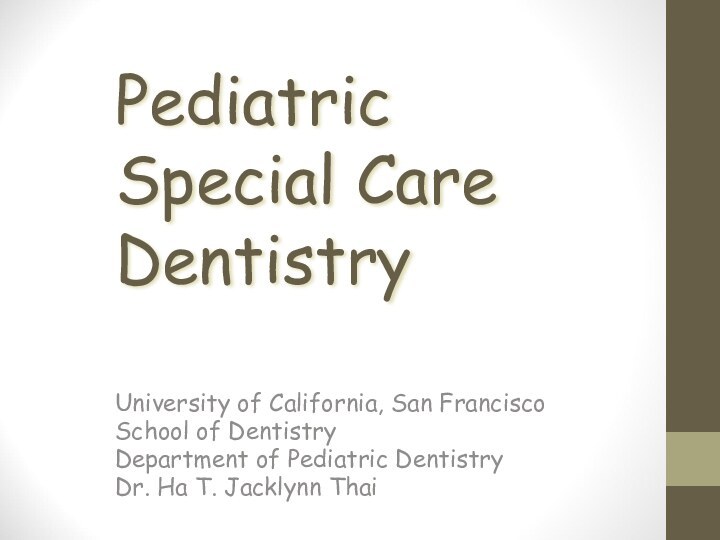






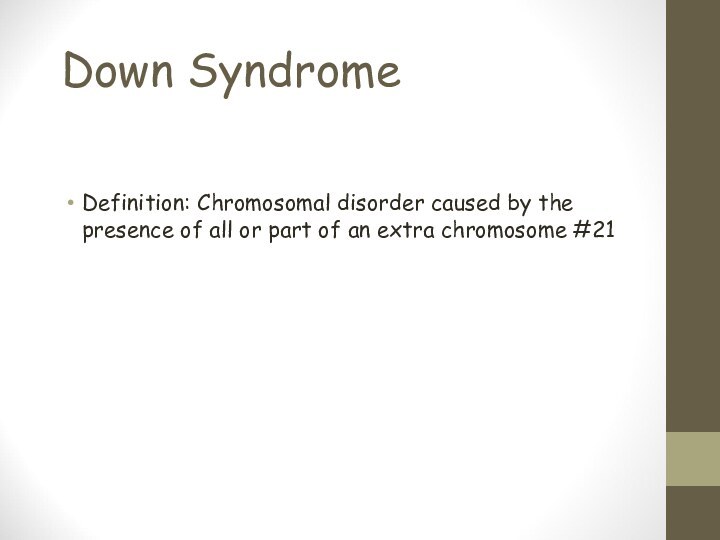





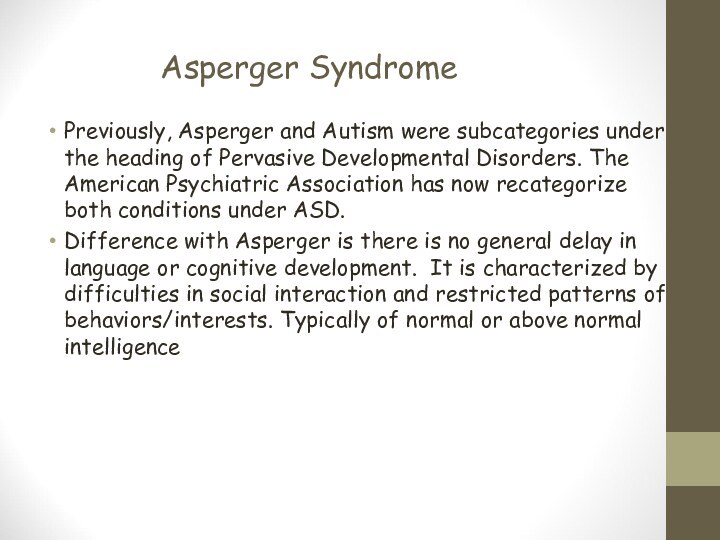




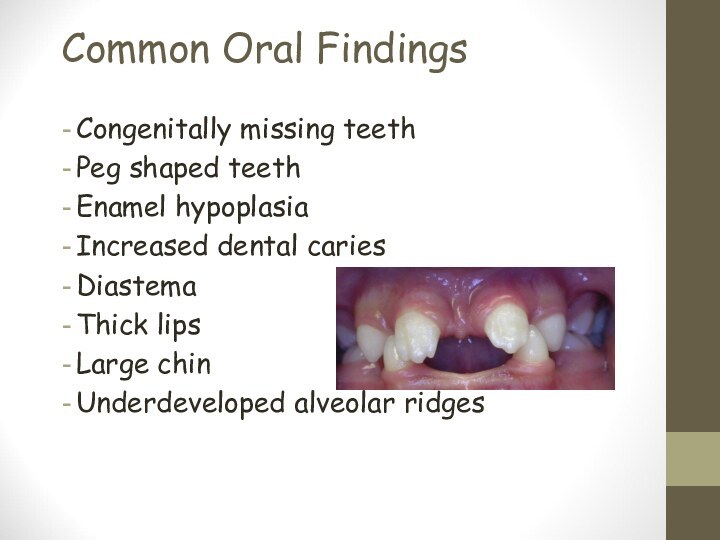







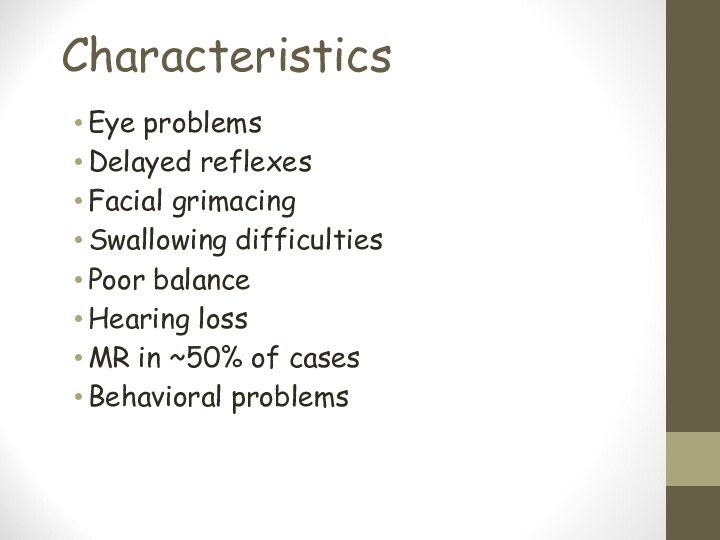






Слайд 3
Common Special Needs
Asthma
Down Syndrome
Developmental/Behavioral Disabilities
Autism
Asperger Syndrome
ADHD
Ectodermal Dysplasia
Craniofacial
malformations
Cerebral Palsy
Amelogenesis Imperfecta
Psychological Limitations
Anxiety
Eating disorders
Nervous habits
Слайд 4
Asthma
Definition: A chronic disease involving the respiratory system
in which the airways occasionally constrict, become inflamed, and
are lined with excessive amounts of mucus, often in response to one or more triggersAsthma Classification
Слайд 6
Common Oral Findings
Increased dental caries
More erosion
More calculus
More
gingivitis
Throat irritation (steroids)
Candida infections
Dental facial effects
Increase occurrence
of posterior cross biteIncreased anterior facial height
Increased overjet
High palate
Слайд 7
Dental Considerations
Good preventive program
Rinse/drink water after inhaler use
Chronic
nebulizer patients ? may require antifungal treatment
Afternoon appointments
(2pm to 6pm)Review history of last attack/last medication use/frequency of attacks/last hospitalization
Avoid prolonged supine positions
Be aware of dental instrument placement
Reappoint if patient is wheezing, has difficulty breathing
Use rubber dam
Слайд 8
Down Syndrome
Definition: Chromosomal disorder caused by the presence
of all or part of an extra chromosome #21
Слайд 9
Common Oral Findings
Microdontia
Hypodontia
Macroglossia
Fissured tongue
Class III malocclusion
Open mouth posture
Decreased caries risk
Increased periodontal risk
Delayed eruption/overretained teeth
Atypical root morphology
Enamel hypoplasia
Слайд 10
Dental Considerations
Congential heart disease
Compromised immune system
Chronic upper
respiratory problems
Atlanto-axial instability
Varying degree of intellectual impairment
Слайд 12
Developmental/Behavioral Disability
Autism spectrum disorder is a general term
for a group of complex disorders of brain development.
These disorders are characterized by varying degrees of difficulties in social interaction, communication and repetitive actions.
Слайд 13
Signs & Symptoms
Doesn’t respond to his/her own
name
Acts deaf
Does not smile socially
Does not point
or use gestures by age 1No “babbling/baby talk” by 12 mos or no words by 16 mos
Talks but does not communicate
Loss of any social/communication skills
Lack of spontaneous/make believe play
Little or no eye contact
Engages in repetitive behaviors
Overly focused interests
Слайд 14
Asperger Syndrome
Previously, Asperger and Autism were subcategories under
the heading of Pervasive Developmental Disorders. The American Psychiatric
Association has now recategorize both conditions under ASD.Difference with Asperger is there is no general delay in language or cognitive development. It is characterized by difficulties in social interaction and restricted patterns of behaviors/interests. Typically of normal or above normal intelligence
Слайд 15
Common Oral Findings
Varies depending on the severity
Increased
caries
Poor oral hygiene
Overall, few unusual dental findings
Слайд 16
Dental Considerations
More for autism than Asperger
Sensory sensitivity
Light, dental
tools, water, noise, staff
Unpredictable bodily movements
Self injurious behavior
Obsessive
routines/repetitive behaviorsObtain thorough medical & dental history
Treatment with GA
Слайд 17
Attention Deficit Hyperactivity Disorder
Most common mental disorder among
children
Hyperactive and unable to control their impulses
Difficulty focusing/paying attention
Three subcategories
Inattention
Hyperactivity
Impulsivity
Diagnosis has criteria of 9 factors
Diagnosis for under 17 years (meet 6 of 9 criteria)
Diagnosis for over 17 years (meet 5)
Слайд 18
Ectodermal Dysplasia
Definition: Hereditary condition in which there are
abnormalities of the cranial-facial structure, digits, and 2 or
more ectodermalstructures
Hair
Teeth
Nails
Skin
Sweat glands
There are many variations of this condition
Diagnosis
Слайд 19
Common Oral Findings
Congenitally missing teeth
Peg shaped teeth
Enamel hypoplasia
Increased dental caries
Diastema
Thick lips
Large chin
Underdeveloped alveolar ridges
Слайд 20
Dental Considerations
Caries control
Cosmetic dentistry
Multiple sets of dentures
as the child ages & the maxillo-mandibular structure changes
Full coverage crowns
Слайд 22
Craniofacial Malformations
Cleft lip/palate
Definition: The sub-division of the body's
lip and palate during gestation
Слайд 23
Cleft Lip & Palate
Cleft lip classification
Class I: Unilateral
notching of the vermilion not extending into lip
Class II:
Unilateral notching of the vermilion border with the cleft extending into the lip but not including the floor of the nose Class III: Unilateral cleft of the vermilion border of the lip extending into the floor of the nose
Class IV: Any bilateral cleft of the lip whether it is incomplete or complete notching
Cleft palate classification
Class I: Involves only the soft palate
Class II: Involves the soft & hard palate but not alveolar process
Class III: Involves both soft & hard palates & alveolar process on one side of the premaxillary area
Class IV: Involves both soft & hard palates & continues through the alveolus on both sides of the premaxilla, leaving it free & often mobile
Слайд 24
Oral Findings/Dental Considerations
Complications
Feeding difficulty
Speech difficulty
Excessive air
intake (burps often)
Choking
Nasal discharge
Treatment
Surgery for repair
Intraoral
devices to mold lip & palate Bone grafts in severe cases
Слайд 26
Cerebral Palsy
Definition: Cerebral palsy refers to any number
of neurological disorders that permanently affects body movement and
muscle coordination. It is due to damage to the developing brain either during or shortly after birth.Although cerebral palsy affects muscle movement, it isn’t caused by problems in the muscles or nerves – it is caused by abnormalities in parts of the brain that control muscle movements
This is the most common physical disability among children
Слайд 27
Characteristics
Eye problems
Delayed reflexes
Facial grimacing
Swallowing difficulties
Poor balance
Hearing loss
MR in ~50% of cases
Behavioral
problems
Слайд 28
Dental Considerations
Increased caries risk
Enamel erosion
Poor gingival health/POH
Heavy
calculus (if fed with G-tube)
Malocclusion ? Overjet & spacing
Delayed
eruption of permanent dentitionBruxism common
Increased/sensitive gag reflex
Drooling
Often requires dental treatment with GA


